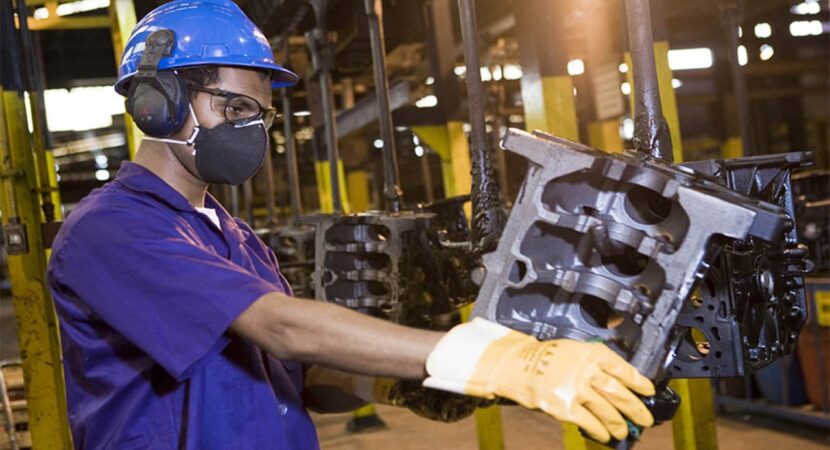
Three global giants partner to build the most efficient hydrogen internal combustion engine in the world, which promises to revolutionize renewable energy with a carbon-free and cost-effective transport solution
Tupy, world leader in foundry and machining of highly complex metallurgical structural components; Westport Fuel Systems, a global leader in alternative fuels and low-emission transportation technologies; and AVL List GmbH, the world's largest independent development, simulation and testing company in the automotive industry, today announce a collaboration agreement to develop a high-efficiency Internal Combustion Engine (ICE) , fueled by hydrogen (H2) and designed to transport cargo. The partnership aims to combine highly complex materials, foundry technologies and the latest H2 ICE technology, using high pressure direct injection (HPDITM).
Read also
- Diesel, gasoline and LPG prices soar again, hitting truck drivers and millions of Brazilians who suffer as a result of disproportionate increases in relation to current income
- Ceará will gain the largest green hydrogen plant in the world, will be a global player in the production, storage, distribution and export of H2V and thousands of jobs will be generated in the state
- Bosch, Nissan and Volkswagen are betting on technology that obtains hydrogen from ethanol; the fuel comes to revolutionize the car industry in the world
- Vacancies for candidates of both genders with secondary and higher education opened by IME; salaries of up to BRL 8 thousand
- There is a lack of manpower for open job openings in the United States and the world's largest power makes room for immigrants in the country
- Energy Recovery Plants absurdly reduce greenhouse gas emissions and will help Brazil stop emitting 48 million tons of CO2 per year
Hydrogen is a promising energy alternative for cargo transportation applications. In addition to being carbon neutral, it has the potential for rapid refueling and can be used to power fuel cells and ICEs. Although both are carbon neutral, hydrogen ICEs allow the use of already existing technological bases. Powertrain efficiency will be a key factor in ensuring the affordability of this type of bus and truck engine solution.
In order to increase engine efficiency and therefore improve the fuel consumption of current ICEs that use hydrogen, Tupy, Westport and AVL will work together on the development of an HPDI H2-ICE. To handle high pressure spikes, superior casting and machining materials and technologies are required. AVL successfully completed development of the AVL Hydrogen Engine in collaboration with the Graz University of Technology earlier this year, while Westport has also previously demonstrated successful ICE testing for H2 trucks utilizing HPDI. The first results of this co-development between AVL, TUPY and Westport are expected in early 2022.
Construction of the most efficient hydrogen internal combustion engine in the world promises to revolutionize renewable energy with a carbon free transport solution
“We believe that our technical expertise and collaboration with customers and universities allow us to play an important role in the decarbonization process. We are studying new materials, geometries and machining that aim to improve the performance of new low-carbon alternative fuels. In this search for a carbon-free and cost-effective transport solution, partnering with companies such as AVL and Westport is rewarding”, says Fernando de Rizzo, CEO of Tupy.
“HPDI hydrogen offers automakers a fast, cost-effective path to carbon-neutral technology without impacting performance,” says David M. Johnson, CEO of Westport Fuel Systems. “Our collaboration with AVL and TUPY aims to demonstrate that an H2 HPDI solution can meet the performance and efficiency requirements demanded by the market, based on the billions of dollars already invested in engine manufacturing and development and in the existing infrastructure, developed over the last century. Today, the HPDI solution is already used in thousands of trucks, reducing and/or almost eliminating greenhouse gases, based on a proven technology platform”.
“Our experts are actively working on carbon neutral solutions that can be on the market by 2025 – among them hydrogen ICE. The rapid introduction of this technology will help accelerate the development of hydrogen fueling infrastructure. With our experience in the latest ICE technology, Tupy's materials and foundry expertise, and Westport's superior fuel system technologies, we expect to achieve exceptional levels of energy density and efficiency, with a competitive total cost of ownership,” concludes Rolf. Dreisbach, Executive Vice President of Trucks and Buses at AVL.
Hydrogen gas and biodiesel combustion turbines for solar backup in power plants, from Siemens Energy, promise to revolutionize the generation of renewable energy in the world
Siemens Energy announced on June 17 that it will supply two SGT6-5000F turbines to power the new Peak Power Plant at Turtle Creek Station in Papillion, Nebraska. The simple installation of cycle turbines will be used to modernize the backup generation in the OPPD fleet, meaning the plant will run only as needed to provide a resilient and reliable source of electricity for the community.
Siemens Energy turbines offer the ability to run on up to 30% hydrogen and biodiesel in support of future technological advancements. They also offer a fast start-up time and low emissions, while helping to quickly stabilize the drivetrain to adjust for variable solar generation output.
Siemens Energy's gas combustion turbines can help decarbonize operations gradually and flexibly, allowing hydrogen produced without CO2 reducing emissions to be blended into the fuel mix to meet the market's environmental and regulatory needs.

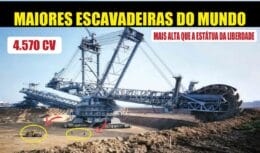




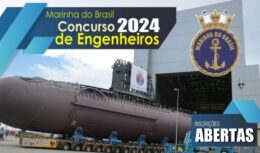

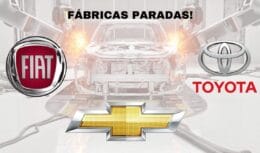
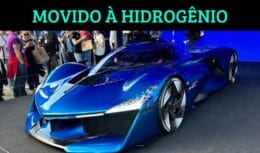
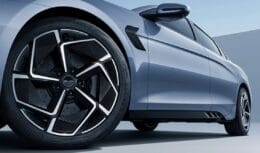
Air Force F-16 fighters…
True friend, what they shot down were…
Air Force F-16 fighters…
I would like to know what planet you live on…
Air Force F-16 fighters…
Everything is fine, 100-year secrecy,…
Air Force F-16 fighters…
Well... It's flying scrap... Typical...
Air Force F-16 fighters…
Which genocide are you talking about? Than…
I want to sign up now
I want to work with you
If an international competition opens, But…
My dream is to pursue a military career
I am a civil and industrial painter. I have a profession…
This cave wasn’t discovered now, it was…
You don't know what...
They take off their leather there, even more Brazilian…